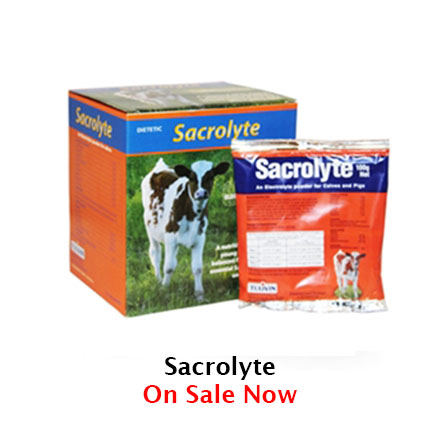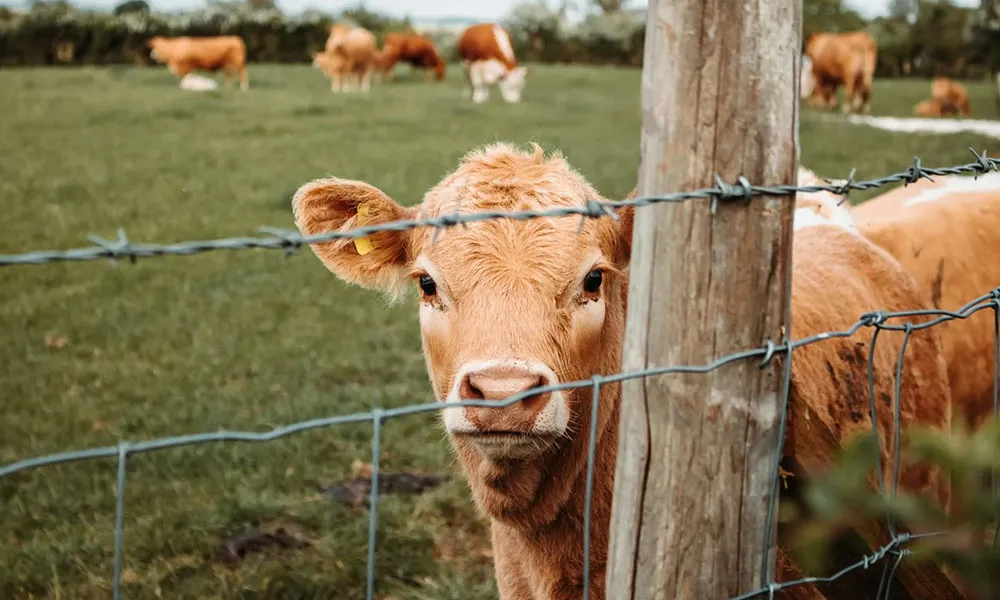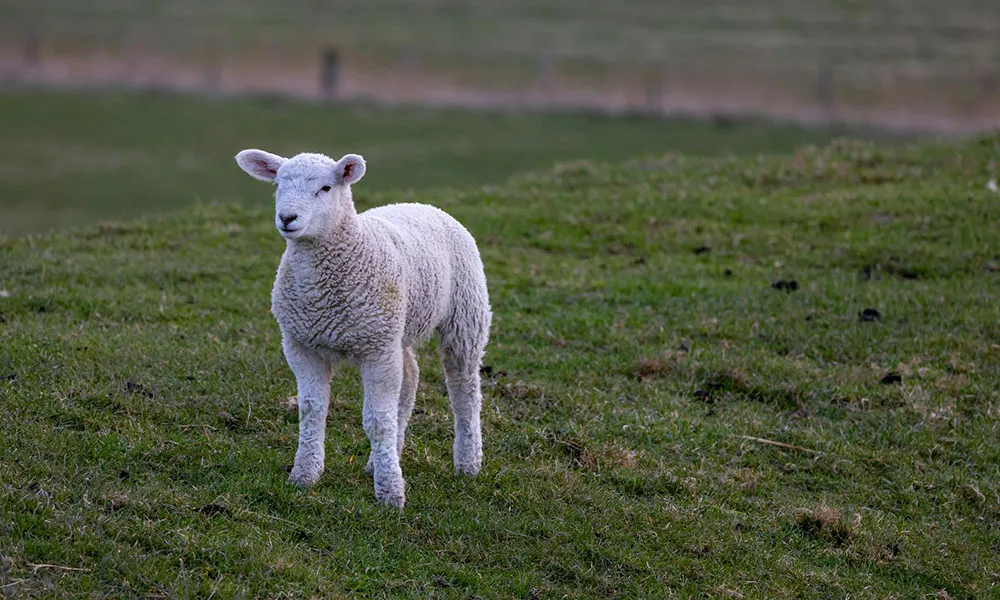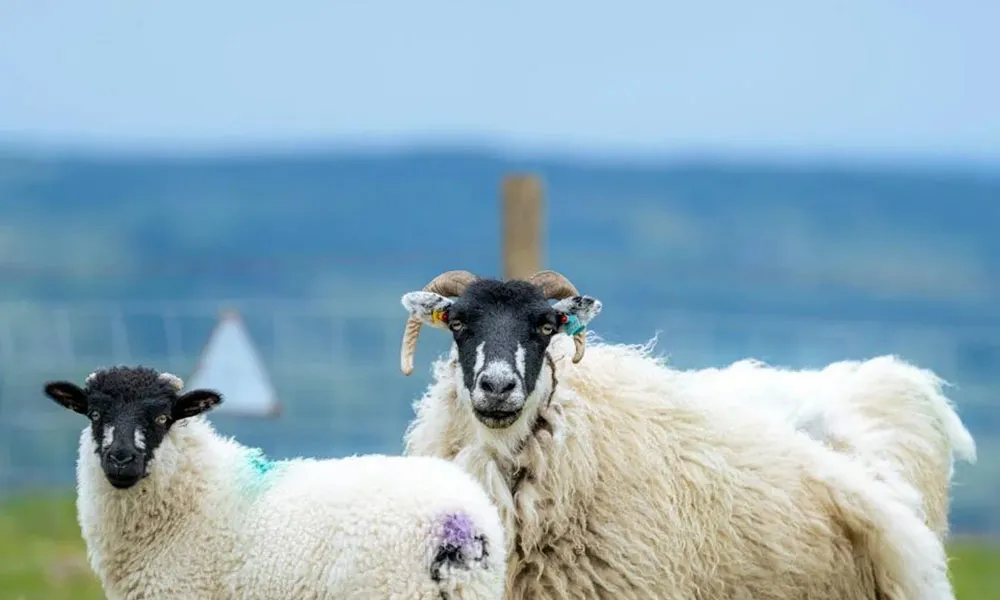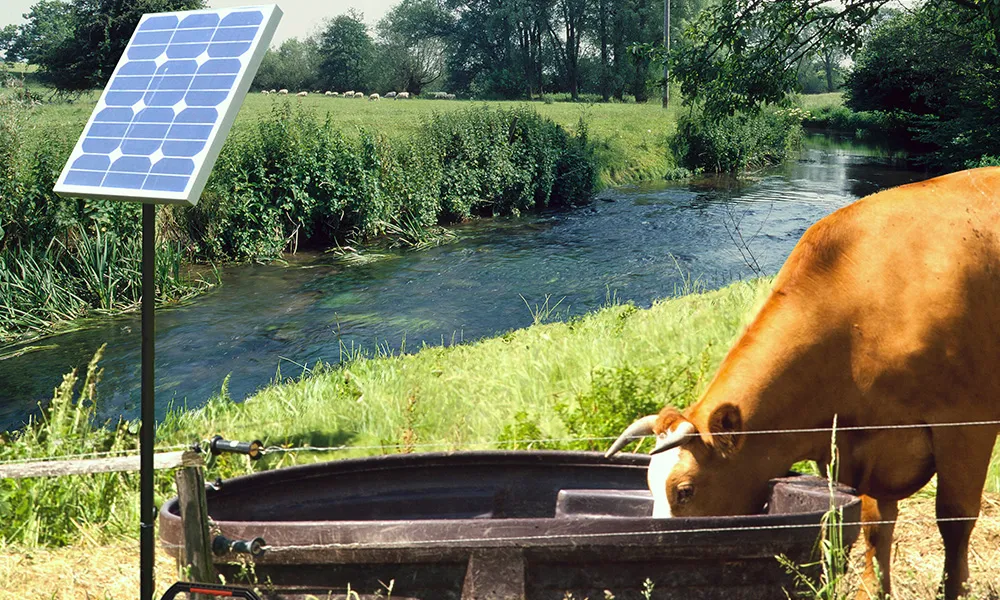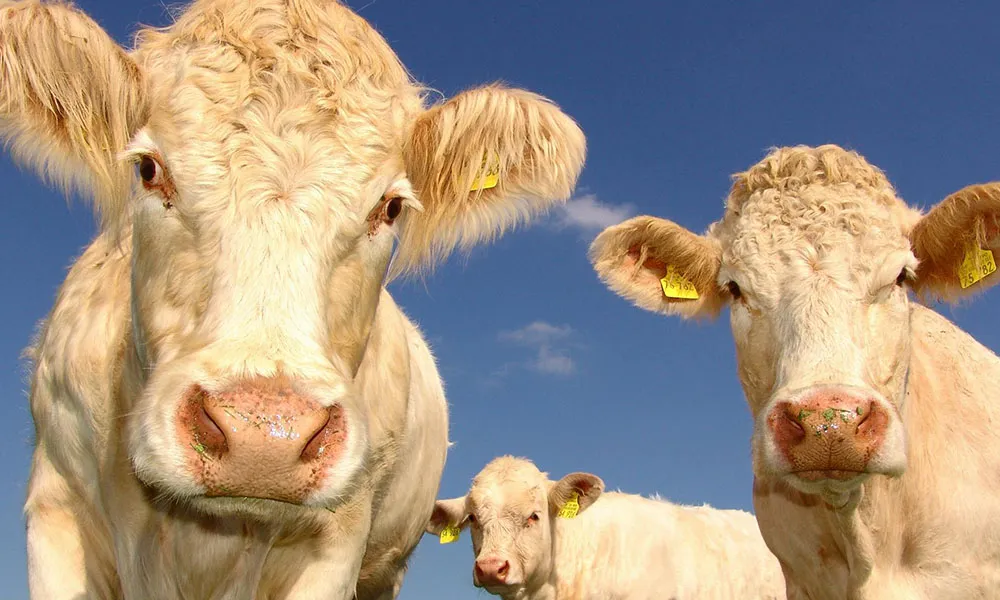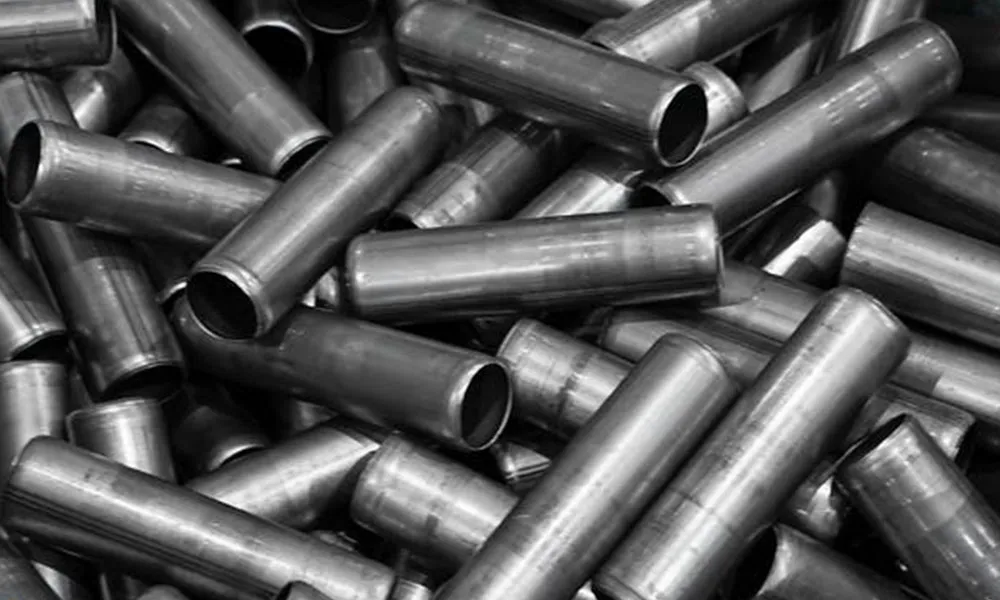
More common than you might think
Lead is the most common cause of poisoning in livestock. Accidental ingestion of lead occurs among cattle and sheep far more frequently than you might think. Because lead ingestion will kill an animal quickly, lead poisoning often goes unrecognised. A farmer may find a previously healthy animal dead in a field and attribute the sudden death to a heart attack or some deadly disease. Farmland that lies near heavily industrialised areas is particularly at risk.
Failure to diagnose lead poisoning as the cause of death can have disastrous consequences, as the poison is on your land and more animals are likely to succumb to it if you do not take action.
Toxic
It takes only a small amount of lead to kill an animal. Aside from its high toxicity, lead is also surprisingly appealing to animals. Cattle, in particular, will eagerly lick grease or crankcase oil from rusting machine parts or any old batteries that you might have left lying around. Once ingested by an animal, the stomach acids will convert lead into poisonous salts. This leads to severe anaemia and blood vessel and organ damage. Lead poisoning is also a leading cause of sterility, abortion and still births in both cattle and sheep.
A difficult diagnosis
If a poisoned animal is treated before death, a diagnosis of lead poisoning can be quite difficult to make. This is because many of the symptoms of lead ingestion are similar to those of grass tetany. A cow or sheep that has been poisoned by lead will stagger, exhibit muscle tremors and froth at the mouth. As with grass tetany, lead poisoning also makes the animal extremely excitable in the early stages of poisoning. Other recognisable symptoms of lead poisoning include depression, loss of appetite and apparent blindness.
Diarrhoea is also an attested symptom of lead poisoning, though this does not occur in every case.

Treatment
Unfortunately, there is no failsafe treatment for lead poisoning, and an animal that has ingested lead will probably die. If one of your cattle is exhibiting the symptoms of lead poisoning, you should remove all other stock from the field immediately and call a veterinarian. The vet can confirm whether it is lead poisoning, grass tetany or some other disease. If lead poisoning is confirmed, you need to inspect the relevant field for all possible sources of the poison and remove them immediately. Do the same for the rest of your farm.
Treatments for lead poisoning are rarely effective. It seems that an injection of vitamin B1 may help to mitigate the impact of the poison on the animal’s central nervous system. Epsom salt drenches are also recommended by some. However, it needs to be restated that these are very unlikely to save the animal. In some cases, they may only serve to delay the inevitable, and so they should only be administered on veterinary advice.
Prevention
As with many other common threats to animal health, your focus needs to be on prevention. There are some quick and easy steps that you can take to prevent your animals from ingesting lead. Remember that the vast majority of lead poisoning occurs when animals come into contact with manmade products. Therefore, ensure that no batteries, old machinery or flaking paint is left lying around your sheds or fields. Consider disposing of these entirely. If you must keep machinery on the farm premises, ensure that it is well fenced off and that livestock cannot access it.
Similarly, if you keep any kind of scrap on your farm, make sure that it does not contain lead. If you suspect that it does, keep it well away from your animals!






